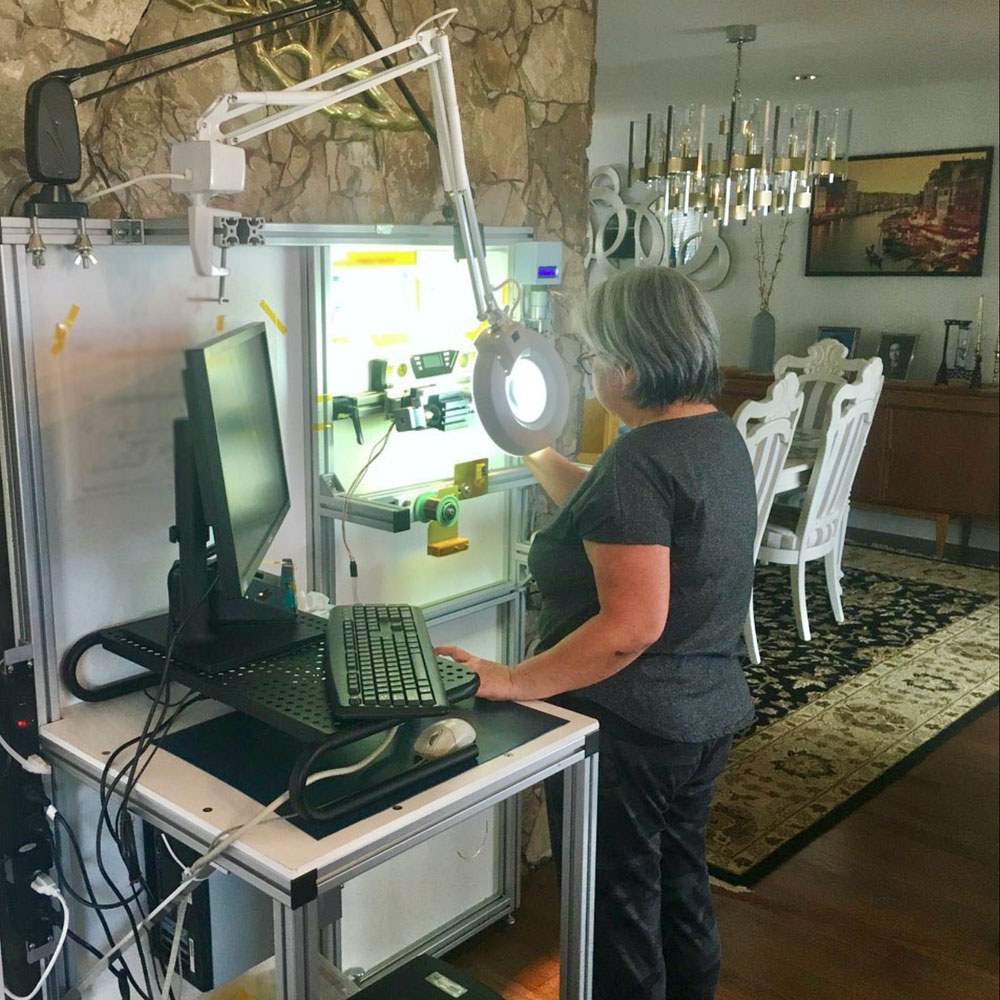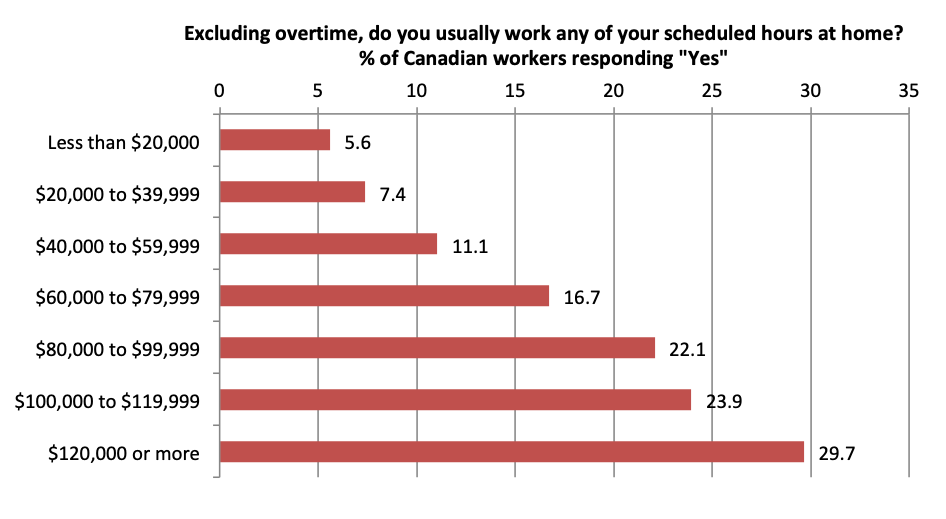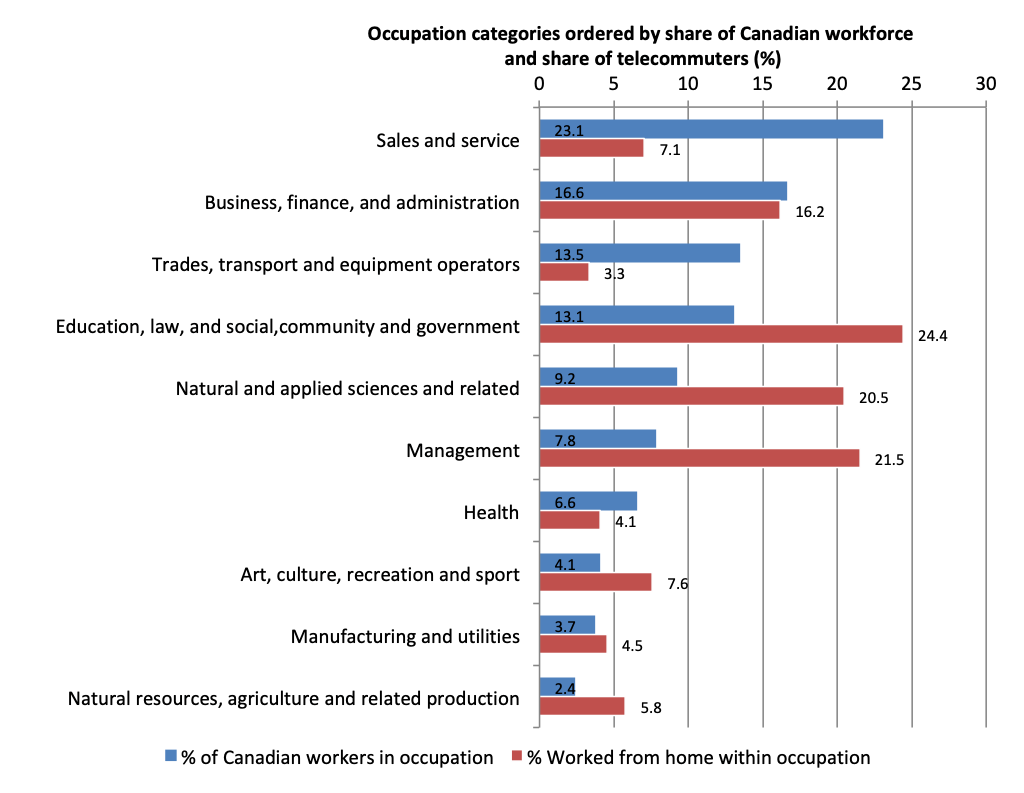
May 10, 2020; The Conversation
So much media commentary now comes accompanied by a self-deprecatory description of our dogs, our pajamas, and our children—if not our ailing relatives in the next room. But if we flip that cultural image, we may see the privilege within all of that commentary. An article in The Conversation by Georges Tanguay and Ugo Lachapelle makes the point that working from home is a privilege dependent on income level.
Drawing from a number of Canadian studies, they show that prior to the pandemic, there was an enormous discrepancy between rich and poor when it comes to working remotely. In fact, they noted that one 2011 study showed that only 44 percent of jobs are compatible with remote work.
Sign up for our free newsletters
Subscribe to NPQ's newsletters to have our top stories delivered directly to your inbox.
By signing up, you agree to our privacy policy and terms of use, and to receive messages from NPQ and our partners.
“Consequently,” they write, “many workers are deprived of an alternative that allows them to continue working during crises like the COVID-19 pandemic.” Below is a chart sourced from the 2015 Canadian General Social Survey that provides a sense of the income-driven nature of working at home.

This seems to jibe with the statements made on Wednesday by the Fed that the loss of jobs for people making less than $40,000/year was a full 40 percent in March while the overall rate was far lower. The positions least likely to work from home are in sales and service—and, to a lesser extent, health. Those we have been calling “heroes” have little choice but to show up unless they want to fall into an indeterminate period of unemployment.

These stark figures remind us once again just how structural inequities are. By definition, they show up comprehensively as scaffolding for our cultural understandings, and it is up to all of us to recognize them and respond with policy and narratives based on a very different set of values.—Ruth McCambridge













